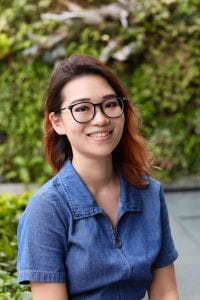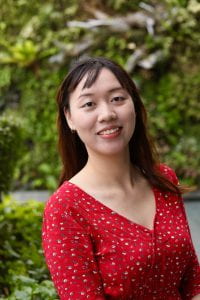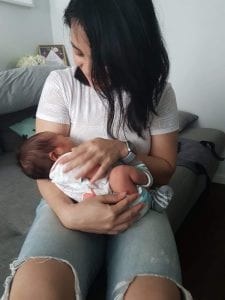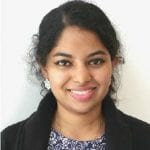Hello everyone!
My name is Hannah, and I grew up in an English-speaking household. My language background is a little different from that of the typical Singaporean’s, as I was exempted from taking ‘Mother Tongue’ classes when I was in primary school. As a result, my exposure to the Chinese language came from my experiences of being sequestered to the back of the classroom with stacks of Chinese workbooks, a class name list, and instructions to check off the names of the pupils who had handed in their homework – by matching the Chinese character names on the workbooks to the name list. This task generally took the better part of the class time and was often fraught with mistakes due to the characters all being incomprehensible and perplexingly similar to my untrained eye.
Despite this rather unconventional childhood exposure to the Chinese language, I still managed to muddle through early life with an understanding of basic, commonly spoken Chinese words and phrases, likely gleaned from kindergarten and the daily conversations of the people around me. This was satisfactory until I entered secondary school when I decided that I wanted to learn more Chinese. In order to achieve this goal, I began listening to Chinese radio stations regularly, started watching more Chinese television programmes with the subtitles on. This regimen went on for a while with little obvious result until one day, I found that I had understood most of a story that was being told by a radio deejay! I still remember the story till this day, due in equal part to my surprise at having effortlessly comprehended a good stream of conversational mandarin, as well as the unfortunately shocking nature of the story involving accounts of grievous bodily injuries.
Although my second language ability may still pale in comparison to most other Singaporeans’, I am happy to know that I can understand at least a little of another language, as it opens up a whole new world of communication and adds a splash of extra colour to my conversational life. One tiny problem, however, is that I started learning basic French during my undergraduate years, and now find that my brain often accidentally substitutes French words for Chinese ones that I can’t remember on the spot. This can be a tad embarrassing when attempting to order lunch at the local food court by asking the aunty to jia (add, Mandarin) un peu plus (a bit more, French) cai (veg, Mandarin), merci (thank you, French), and being met with bemused confusion.
Hannah is a PhD candidate at BLIP Lab examining aspects of language learning including statistical learning.









